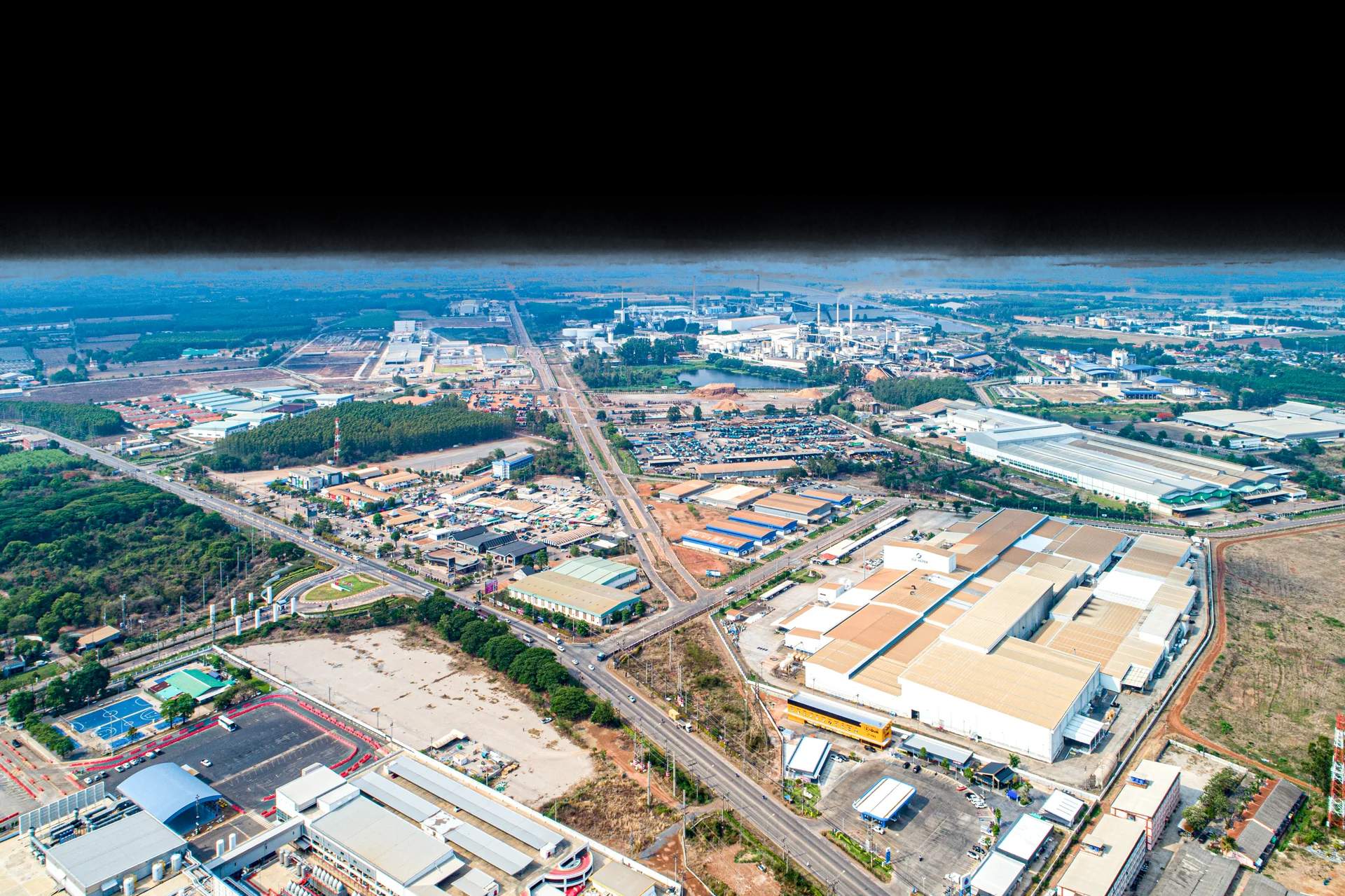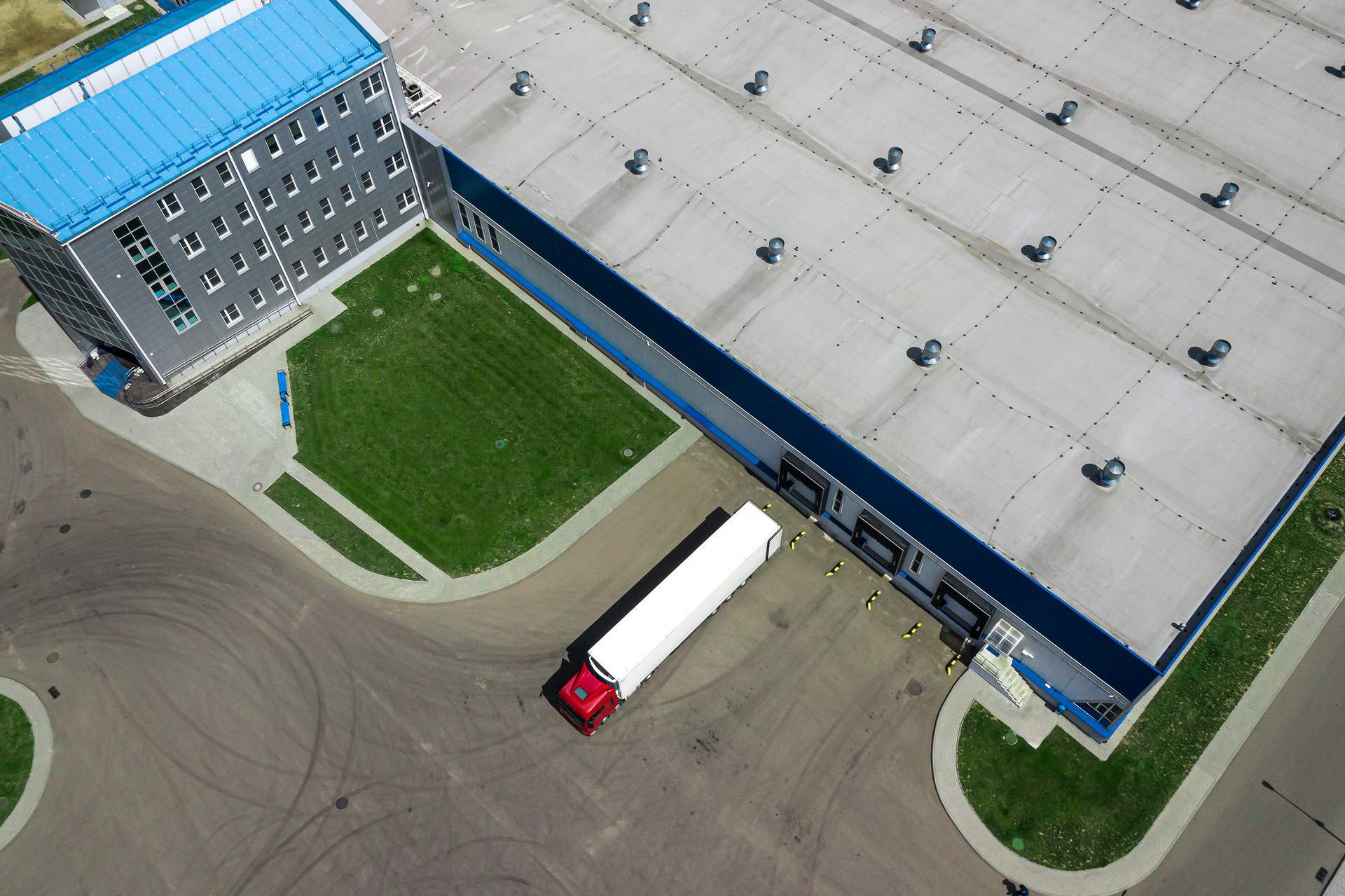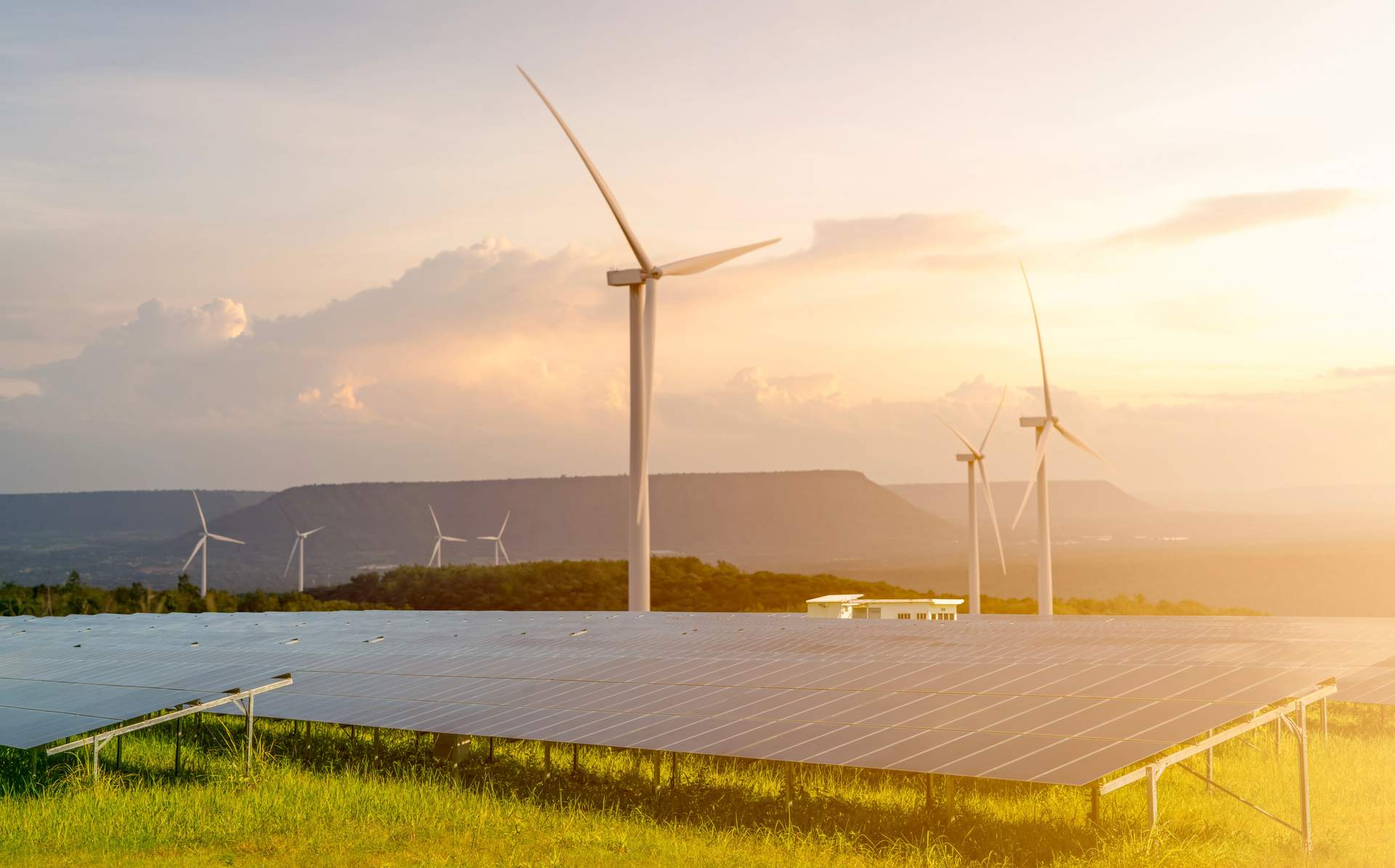Biomass Energy: Clean Energy for the Modern Industry

In an era where the industrial sector emphasizes waste reduction,
carbon emission cuts, and efficient resource management, biomass
energy has become a key mechanism in the circular economy. This is
especially true for industries that generate large amounts of
agricultural residues such as wood scraps, rice husks, sugarcane
bagasse, or animal manure. These materials can be repurposed as a
clean energy source, helping to reduce environmental impact while
simultaneously creating added value.
In addition, biomass energy sources can also be created, such as by
cultivating “energy crops” that grow quickly and provide high heat
output, while also generating income for local communities.
Biomass energy not only reduces the volume of biowaste but also
demonstrates environmental responsibility, enhances corporate ESG
(Environmental, Social, and Governance) profiles, and supports Net
Zero goals. Therefore, biomass energy is not just an alternative
energy source; it is the energy of the future for industry.
What is Biomass Energy?
Biomass energy refers to energy derived from organic materials or
agricultural residues such as wood bark, sugarcane bagasse, and
animal manure, which are used as fuel to produce heat or
electricity. Biomass energy is considered one of the important forms
of renewable energy, especially in Thailand, where these raw
materials are abundant in the agricultural and processing
industries.
There are various ways to utilize biomass energy, such as direct
combustion, conversion into biogas, or using Circulating Fluidized
Bed (CFB) boiler system. The raw materials that can be used as fuel
include:
-
Agricultural residues, such as logs, wood scraps, crop stalks, straw, and rice husksAnimal manure, such as from cattle and pigsHousehold waste, including food scraps and garden wasteLiquid biofuels, such as biodiesel, methanol, and ethanolCrops specifically grown or cultivated as biomass fuel, such as energy crops and algae. Many places have developed systematic raw material sources to support efficient biomass energy production.
How Does Biomass Energy Generate Electricity?
There are several methods to produce electricity from biomass energy. The processes commonly used in the industrial sector include:-
Direct CombustionThis is the simplest method of using biomass energy to generate electricity. Biomass materials are burned to produce heat energy, which is then used to generate steam and subsequently electricity. This method is suitable for factories with large amounts of biomass waste and that require a straightforward system.Conversion into BiogasBiogas is produced through anaerobic digestion. The resulting gas can be used as fuel for cooking or to generate electricity. This method is suitable for factories with large amounts of organic waste and agricultural residues.Circulating Fluidized Bed Boiler SystemThe CFB system is a high-efficiency biomass combustion technology that uses fluidized air flow and optimal temperature control to achieve complete combustion. This significantly reduces the emission of NOx and SOx gases during the production process. The system can utilize a mix of various fuel types, making it ideal for large-scale power plants in industries that require a high level of energy stability.
Advantages and Disadvantages of Biomass Energy
Biomass energy is a renewable energy source that is virtually unlimited and inexhaustible, making it particularly important for industries seeking to minimize their environmental impact. Biomass energy not only helps lower carbon emissions but also supports local communities, without compromising energy security or efficiency.Advantages of Biomass Energy
-
Reduces the amount of biowaste from both industrial and household sources, minimizing landfill use and open burning.Helps reduce greenhouse gas emissions.Reduces long-term energy costs by decreasing reliance on natural resources and external energy sources.Offers a wide variety of energy sources, and energy can be produced independently, such as by growing energy crops or short rotation coppice (SRC) for fuel.Adds value to agricultural residues and increases income for local communities.
Disadvantages of Biomass Energy
While biomass energy offers numerous environmental and economic benefits, certain limitations in industrial applications remain that entrepreneurs should consider, especially when planning long-term investments or transitioning to new energy systems.-
Installing a biomass energy system can involve high initial costs, including machinery, infrastructure, and emissions control systems.There are storage and transportation costs, as biomass materials like straw or rice husks are bulky but have low energy density, requiring large storage space and resulting in high transportation costs.The quality of biomass fuel varies by type and is influenced by factors such as moisture content, contaminants, size, and availability.
Conclusion
Biomass energy is not just an alternative clean energy that helps reduce environmental impact; it also plays a vital role in driving the circular economy. It adds value to biowaste, generates income for local communities, and enhances industrial development.At 304 Industrial Park, every project supports the use of renewable energy, with a strong emphasis on comprehensive utility systems. These systems are key to ensuring stable and continuous business operations, including reliable water and electricity supplies, as well as the capability to distribute renewable energy within the park.The Biomass Power System at 304 Industrial Park Stands Out with the Following Key Features:-
The Largest Biomass Power Plant in Thailand
With a production capacity of 135 megawatts, it supports factories with high biomass energy demands, providing stable, continuous, and environmentally friendly power.Total Biomass Electricity Generation Capacity of up to 398 Megawatts
Ensures a stable energy supply for industrial-scale operations.Up to 97% Carbon Emission Reduction
Supports carbon neutrality and future Net Zero goals.Certified Renewable Energy with I-REC (International Renewable Energy Certificate)
Reflects quality and credibility, enabling participation in international markets.Secure and Sustainable Biomass Fuel Sources
Sourced from agricultural residues, by-products from the pulp and paper industry, and domestically grown “energy crops.”304 Industrial Park offers comprehensive services, including land for factory construction, utility infrastructure, and ready-built factories for rent, designed to meet all your business needs.Related News & Media
304 Industrial Park
Creating a future-ready ecosystem for businesses, with green energy, complete facilities, and global connectivity.
Contact Us


